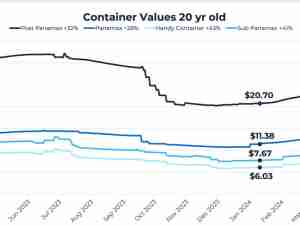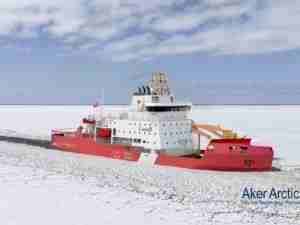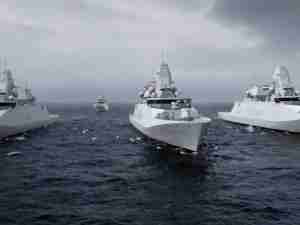"This study confirms the value of the Port as a vital economic generator and substantial employer in the Lower Mainland, the province and across Canada," said Captain Gordon Houston, President and Chief Executive Officer, Port Metro Vancouver.
The amalgamated Port Metro Vancouver jurisdiction borders on 16 municipalities and covers 600 km of shoreline extending from Point Roberts at the Canada/US border through Burrard Inlet to Port Moody and Indian Arm, and from the mouth of the Fraser River, eastward to the Fraser Valley, north along the Pitt River to Pitt Lake, and includes the north and middle arms of the Fraser River. The Port hosts the operation of 28 major marine terminals and several domestic intermodal terminals.
"Every ship that arrives at our port translates to jobs here and elsewhere in the country," said Houston. "In light of recent world economic concerns, it is important to reinforce the solid foundation that this port provides to Metro Vancouver communities, and to Canadian shippers and manufacturers."
The port's main sectors of direct employment include maritime cargo and the cruise industry. Across Canada, the maritime cargo sector generates $2.2 billion in wages, while the cruise industry accounts for 5,700 direct jobs with a payroll of $200 million. Overall, the value of cargo shipped through the port annually is $75 billion.
"Port Metro Vancouver is one of the most visible contributors to the economy of Metro Vancouver and accounts for 45,000 direct jobs in this region alone, with 3,300 jobs in Delta, 5,600 jobs on the North Shore and more than 20,000 jobs in Vancouver," said Houston.
In addition to extensive employment, port operations generate more than $970 million in government tax revenues each year. The federal government represents the largest recipient of tax revenue, receiving almost $657 million.
While trade activities generate jobs and government tax revenues, planned capital investments by the Port and its tenants of $4.25 billion in infrastructure over the next 10 years will also continue to strengthen the economy.
"We are moving forward with major capital programs," said Houston. "We still plan to spend an average of nearly one billion dollars each year on capital development.
"By promoting investment in the Port Metro Vancouver logistics system, we can leverage our own contributions into even greater investment by our tenants and logistics partners."
Port Metro Vancouver is Canada's largest and North America's most diversified port, trading $75 billion in goods with more than 130 trading economies annually. Port activities generate 132,700 total jobs across Canada, $10.5 billion in GDP and $22.2 billion in economic output.









